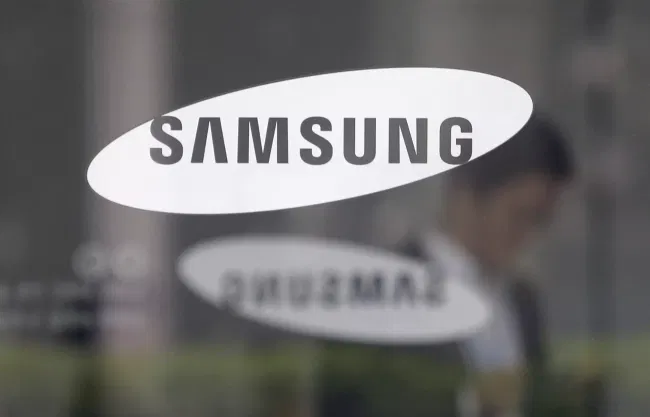Even worse results than at the beginning of the year. Samsung's profits fell 96 percent.

After the first quarter of this year, Samsung announced that its operating profit dropped by 95 percent to 640 billion won (about 10.2 billion CZK). The second quarter, however, ended with an even bigger drop. Representatives of the South Korean electronics giant reported that in the last three months they recorded a 96% drop compared to last year, to 600 billion won (CZK 10 billion).
However, Reuters stressed on Friday that this was still only preliminary data. If confirmed, however, it will be Samsung's worst economic results since the beginning of 2009. The company will publish detailed financial results on July 27.
According to preliminary results, Samsung's second-quarter sales fell 22% year-on-year to 60 trillion won (CZK 1 trillion).
Although the decline is even higher than in the first quarter, the actual results are very similar. In the first quarter, the company reported a profit of 640 billion won (about CZK 10.2 billion), while in the second quarter it reported a profit of 600 billion won (CZK 10 billion).
The decline was due to a reduction in the price of memory chips and less demand for them, but also due to an overall cooling in demand for technology devices.
Employees want more money
Despite the poor economic situation, unions are demanding wage increases for employees. Management said in April that it would increase employee wages by about four percent. However, since May, the union has threatened that the employees will go on strike for the first time in history if salaries are not increased by six percent.
Does anyone have any idea what is behind such a drastic cut? Could it spill over into other IT sectors? After all, Samsung is a huge moloch and this isn't exactly a given...
However, great news for $AAPL:)

Compared to the covid era, there was a brutal drop in demand for memory chips, which also caused the prices of these chips to fall - lower margins. They probably didn't fully take care of it and didn't adjust production to the demand.